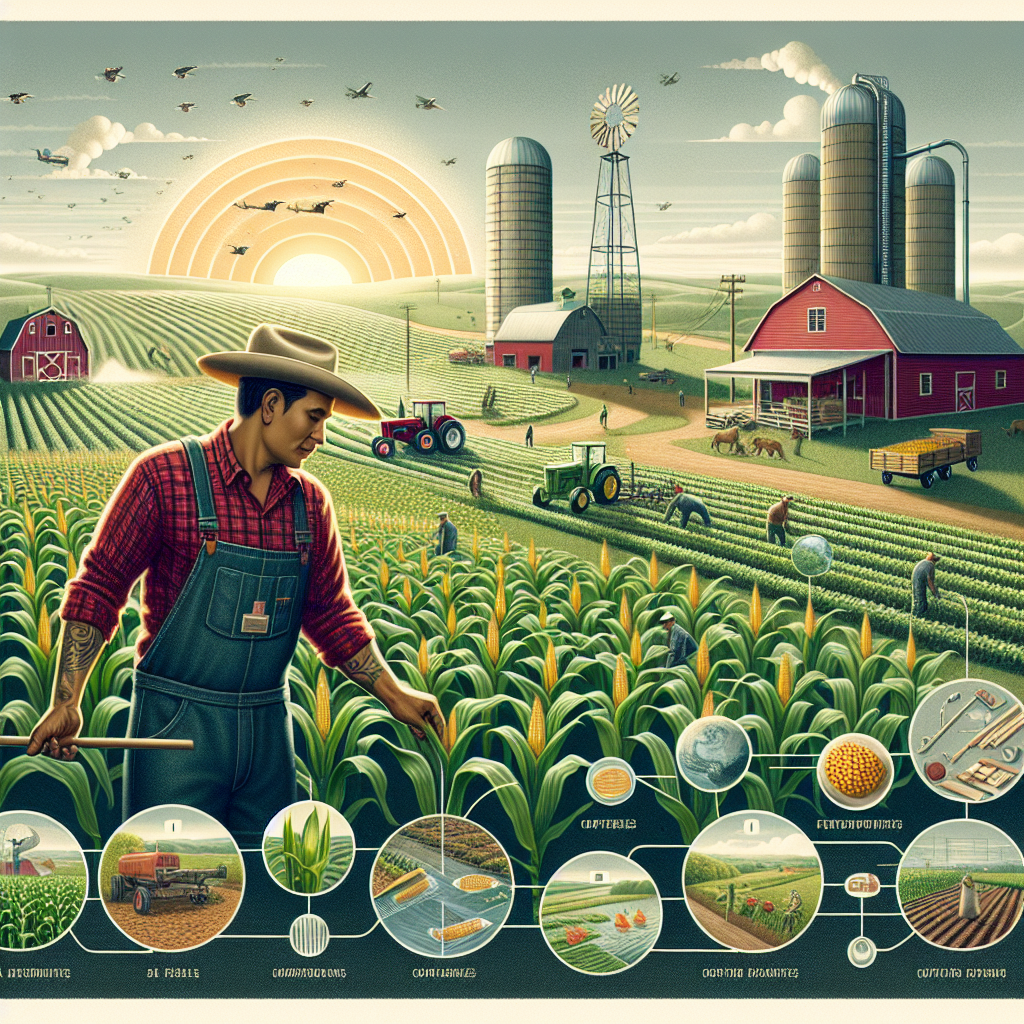Agricultural Hurdles in India-EU Trade Talks
Agriculture poses a major challenge in free trade negotiations between India and the EU, German Economy Minister Robert Habeck highlighted during his visit to India. With a significant disparity in agricultural populations between Germany and India, Habeck suggests focusing on the industrial sector for smoother progress.

The agricultural sector remains a contentious point in the ongoing negotiations for a free trade agreement between India and the European Union, according to German Economy Minister Robert Habeck. On Thursday, he remarked that prioritizing the industrial sector might yield quicker results amid current deadlocks.
Habeck, part of a high-level German delegation in India for a business conference, noted the vast differences in the agricultural workforce between the two nations. While agriculture employs about 60% of India's population, it accounts for just 2% in Germany, making direct comparisons and market integrations challenging.
In light of this, Habeck suggested that excluding agriculture from the initial talks could streamline progress, though it diverges from the EU's typical comprehensive approach. These discussions precede official dialogues between Chancellor Olaf Scholz and Indian Prime Minister Narendra Modi, anticipated to further discuss this complex trade landscape.
(With inputs from agencies.)










